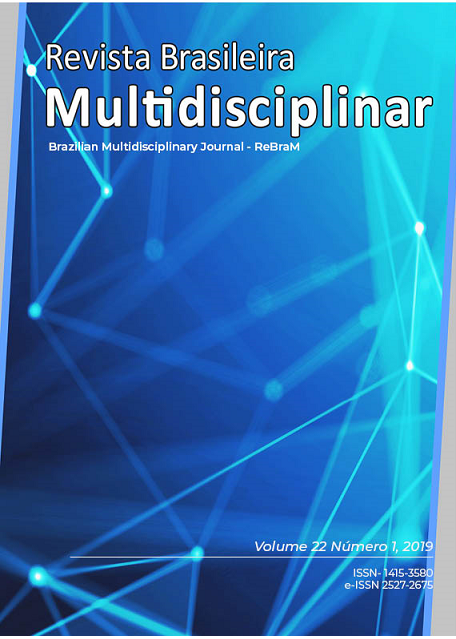Environmental impacts on gneiss mineral exploration in João Baptista Eusébio Quarry in Anchilo – Nampula – Mozambique
Main Article Content
Abstract
The research analyzes the main environmental impacts from the industrial extraction of gneiss for civil construction in the city of Nampula. It´s looking for possible solutions to minimize the negative effects, by means of the adoption of technicians of extraction cleaner and sustainable. The gneiss is the object in study, a protolyte of granite, composed of quartz, feldspar and mica. The study was applied the bibliographic and experimental methods and observation, description and interview technicians. The not observe the law mining and environmental in Mozambique has contributed to a more irrational exploitation of the gneiss in Nampula. It causes high risk of increasing environmental degradation, characterized by change of the local ecosystem because of exposed to dust, gases and noise that affect the physical, biotic and anthropic surroundings.
Downloads
Article Details
• The author (s) warrant that the contribution is original and unpublished and that it is not in the process of being evaluated in other journal (s);
• The journal is not responsible for the opinions, ideas and concepts issued in the texts, as they are the sole responsibility of the author (s);
• Publishers have the right to make textual adjustments and to adapt the article to the rules of publication.
Authors retain the copyright and grant the journal the right of first publication, with the work simultaneously licensed under the Creative Commons Attribution License, which allows the sharing of work with acknowledgment of authorship and initial publication in this journal.
Authors are authorized to take additional contracts separately, for non-exclusive distribution of the version of the work published in this journal (eg publish in institutional repository or as book chapter), with acknowledgment of authorship and initial publication in this journal.
Authors are allowed and encouraged to publish and distribute their work online (eg in institutional repositories or on their personal page) at any point before or during the editorial process, as this can generate productive changes as well as increase the impact and citation of the published work (See The Effect of Free Access) at http://opcit.eprints.org/oacitation-biblio.html





